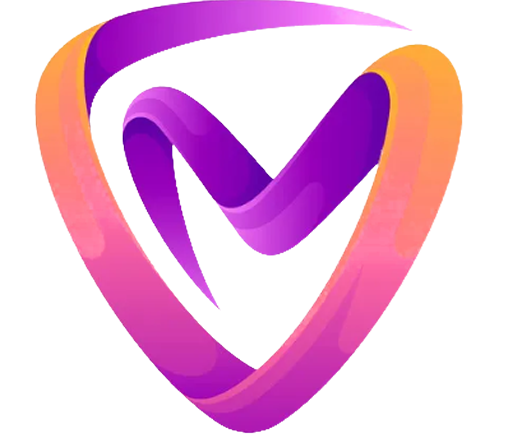It’s a new year, and healthcare technology vendors are rolling out their latest innovations, market approvals, acquisitions and staffing shake-ups.OptumRx launched Price Edge, a tool that compares pricing for traditional generic drugs to ensure members get the lowest prescription drug prices. A suite of new tools for both patients and providers target aspects of pharmacy logistics that have been known to delay or complicate care, such as getting real-time pharmacy benefits information and obtaining prior authorizations. In October, Optum, UnitedHealth Group’s pharmacy services company, merged with data clearinghouse Change Healthcare. The U.S. Department of Justice tried to block the merger and is appealing the…
Continue Reading














